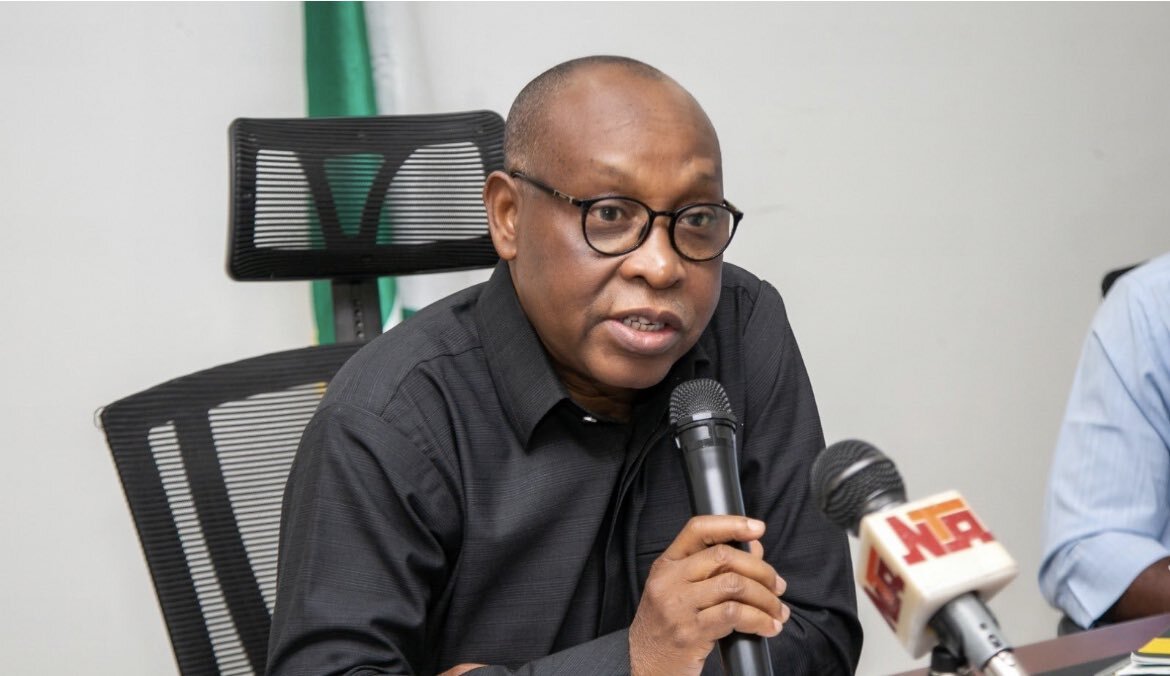By Abubakar Yunusa
The Nigeria Extractive Industries Transparency Initiative (NEITI) says the 2024 tax reform bills will improve compliance across various industries including the oil, gas, and mining sectors.
Ogbonnaya Orji, NEITI’s executive secretary, spoke on Monday during a webinar, convened in collaboration with OrderPaper Nigeria, a civil society organisation (CSO).
Speaking on the topic, ‘Tax Bills and the Implications for NEITI Audits’, Orji said the dialogue was crucial as Nigeria advances comprehensive tax reforms to strengthen revenue mobilisation and ensure fiscal sustainability.
He said the discussion was necessary because the extractive sector remains the backbone of Nigeria’s economy, accounting for a substantial share of government revenue and foreign exchange (FX) earnings.
Orji, however, said persistent challenges — such as tax evasion, revenue leakages, weak enforcement, and a lack of transparency in fiscal regimes — have continued to undermine the sector’s potential to drive sustainable development.
He said the tax reform bills, currently under legislative review, represent a bold effort to modernise Nigeria’s tax system.
“NEITI had carefully examined the bill and acknowledges its potential to improve tax administration, streamline legal frameworks, and enhance compliance across various industries, including oil, gas, and mining,” he said.
The NEITI secretary said it also sent “strong” recommendations to the national assembly on how to address some areas of concerns raised.
He listed key highlights of the bill to include, consolidation of tax laws to improve clarity and compliance and taxation of digital assets and non-resident entities, aligning Nigeria with global best practices.
Others are stronger anti-tax avoidance measures, including minimum effective tax rates to curb profit shifting; improvements in VAT administration, double taxation relief, and tax incentives for priority sectors.
“While these provisions signal progress, we must also critically assess their impact on NEITI audits, revenue transparency, and sector-specific compliance — which brings us to today’s discussion,” he said.
Orji said key questions for consideration should focus on how the new tax regime would impact the transparency and accountability measures championed by NEITI.
“Are the tax administration reforms aligned with our extractive industry audit framework? How do we ensure extractive companies fully disclose their tax obligations?” he said.
“While the bill seeks to boost government revenues, are there provisions to maintain Nigeria’s competitiveness in attracting extractive sector investments?
“What safeguards should be introduced to prevent over-taxation from discouraging long-term investments?
“How do we strengthen enforcement mechanisms to combat tax evasion, illicit financial flows, and profit shifting by multinational corporations?
“What role can inter-agency collaboration play in improving compliance and closing revenue leakages.”
Orji said NEITI is committed to supporting the legislative process of the tax reform bill by providing technical inputs, data-driven insights and policy recommendations.
He added that the initiative’s support will strengthen fiscal transparency, enhance accountability, and maximise resource benefits for all Nigerians.
The NEITI secretary said the organisation recognises the importance of sustained multi-stakeholder engagement, particularly in ensuring that CSOs, the private sector, and the media remain actively involved in tracking the bill’s implementation and impact.
On his part, Oke Epia, founder of OrderPaper Nigeria, lauded NEITI and the participants for their contributions towards the legislative process.
Epia, who underscored the need for a concerted engagement, said it is not time to shy away from dialogue’ because relevant contributions were necessary for national development in view of the 2024 tax reform bill.
Also speaking, Haruna Yahaya, a panelist, maintained that the new tax regime should comply with the position of the global Extractive Industries Transparency Initiative (EITI) implementation.










